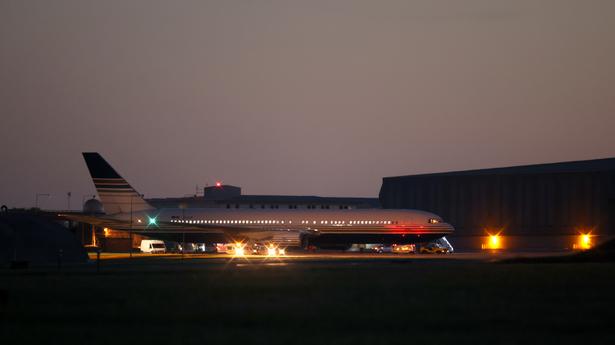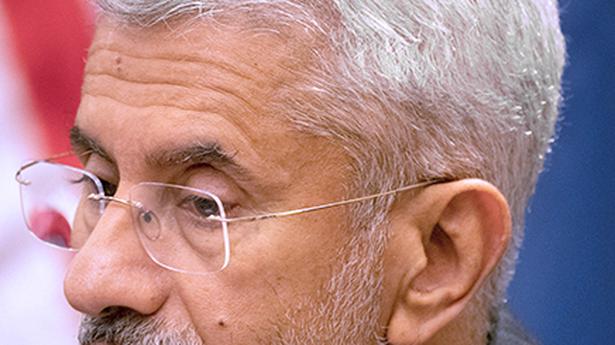A last-minute intervention by the European Court of Human Rights — which decided there was “a real risk of irreversible harm’’ to the asylum seekers involved — forced the cancellation
A last-minute intervention by the European Court of Human Rights — which decided there was “a real risk of irreversible harm’’ to the asylum seekers involved — forced the cancellation
Britain has cancelled its first deportation flight to Rwanda after a last-minute intervention by the European Court of Human Rights, which decided there was “a real risk of irreversible harm’’ to the asylum seekers involved.
The flight had been scheduled to leave Tuesday evening but lawyers for the asylum seekers launched a flurry of case-by-case appeals seeking to block the deportation of everyone on the government’s list.
Foreign Secretary Liz Truss had said earlier in the day that the plane would take off no matter how many people were on board. But after the appeals, no one remained.
The decision to scrap the Tuesday flight caps three days of frantic court challenges as immigration rights advocates and labor unions sought to stop the deportations. The leaders of the Church of England joined the opposition, calling the government’s policy “immoral.”
Earlier in the day, British Prime Minister Boris Johnson had emphatically defended the plan. “We are going to get on and deliver” the plan, Johnson declared, arguing that the move is a legitimate way to protect lives and thwart the criminal gangs that smuggle migrants across the English Channel in small boats.
The Prime Minister announced an agreement with Rwanda in April in which people who entered Britain illegally would be deported to the East African country. In exchange for accepting them, Rwanda would receive millions of pounds (dollars) in development aid. The deportees would be allowed to apply for asylum in Rwanda, not Britain.
Opponents have argued that it is illegal and inhumane to send people thousands of miles to a country they don’t want to live in. Britain in recent years has seen an illegal influx of migrants from such places as Syria, Afghanistan, Iran, Sudan, Iraq and Yemen.
Activists have denounced the policy as an attack on the rights of refugees that most countries have recognized since the end of World War II.
Politicians in Denmark and Austria are considering similar proposals. Australia has operated an asylum-processing center in the Pacific island nation of Nauru since 2012.





